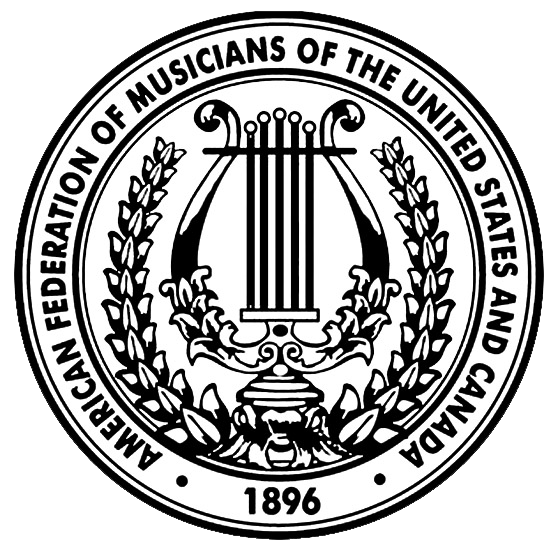Just the Facts: Freelance Musicians, Journalists, Creative Professionals and the PRO Act
The Protecting the Right to Organize (PRO) Act and the ABC Test.
The National Labor Relations Act (NLRA) protects workers who advocate for improvements on the job or seek to organize a union, but it only extends those protections to workers classified as “employees” under a very narrow definition of that term. Workers classified as “independent contractors” are not protected by the NLRA.
Employers often misclassify their employees as independent contractors, thereby excluding their workforce from the NLRA’s protections. This allows employers to ensure their workers will not come together to form a union and negotiate for better working conditions under the NLRA.
It’s simple. The Protecting the Right to Organize (PRO) Act’s ABC test provides a clear and fair method for ensuring that employees receive the NLRA’s protections—and nothing more.
Q&A:
I hear that the PRO Act is just like California’s A.B. 5 and would cause freelance musicians, journalists and creative professionals to lose work. Is this true?
No. Corporate interests are waging a misinformation campaign against the PRO Act. The only way the PRO Act could possibly affect freelance musicians, journalists or creative professionals is that it might allow them to join a union and engage in collective bargaining, but only if they choose to. Those not wanting to organize a union or engage in collective action would be unaffected. The PRO Act would not stop freelance musicians, journalists or creative professionals from continuing to do freelance work.
So what does the PRO Act’s ABC test do then? The “ABC test” in the PRO Act is used to determine who qualifies for protection under federal law if and when they choose to engage in collective action, organize a union or bargain collectively. So is the PRO Act the same as A.B. 5 in California?
No. A.B. 5 in California redefines who is an “employee” under a broad range of state employment laws. The PRO Act does not touch any of those laws. The PRO Act only affects the federal law that governs private sector unions.
Would the PRO Act force the company for which I do freelancing work to hire me as a W-2 employee?
No. The PRO Act does not affect any of the laws that typically determine whether someone is hired as a W-2 employee, most notably tax law, but also minimum wage, overtime, unemployment insurance, workers’ compensation, etc.
Would the PRO Act outlaw independent contracting or gig work, or make freelancing work contracts illegal?
Absolutely not. Nothing in the PRO Act outlaws any kind of work arrangement.
Shouldn’t we just drop the ABC test from the PRO Act to avoid potential problems?
No. The ABC test is an absolutely essential part of the PRO Act. It is critical because employers often try to stop their workers from organizing a union by falsely claiming that the workers are independent contractors. The ABC test protects the rights of those workers to engage in collective action and organize a union.
